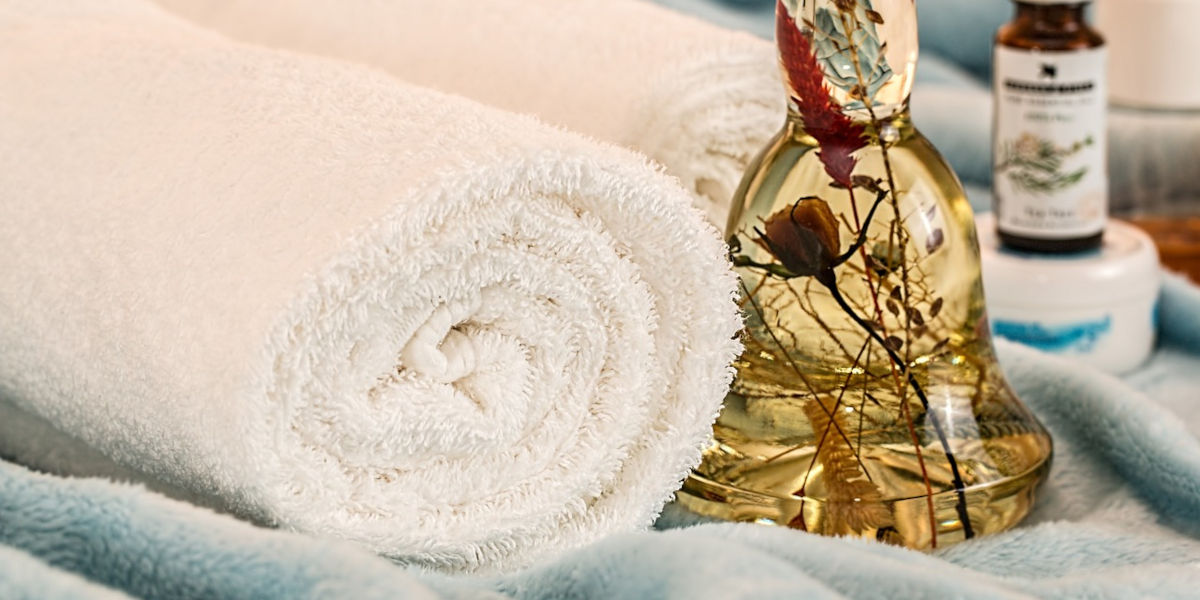Hygiene – it plays a foundational role in maintaining health, preventing disease, and creating a socially acceptable standard. In a world increasingly conscious of health and wellness, understanding and implementing habits for good hygiene is more critical than ever. But, what constitutes good hygiene? In this article, we delve deep into how to maintain personal hygiene, the habits that foster it, and the importance of personal hygiene in our daily lives.
Understanding Personal Hygiene
Personal hygiene, as is generally understood, refers to the principles and routines that individuals follow to stay clean and maintain good health. It covers various aspects, from body cleanliness and oral health to sanitary practices and cleanliness in the surroundings. However, the spotlight doesn't often shine brightly enough on the importance of personal hygiene, especially its role in warding off diseases and infections.
Being lax about one’s hygiene could open the floodgates to a multitude of health problems - from common cold and flu, skin troubles, dental issues, to severe infections. Beyond physical health, poor hygiene can also influence psychological well-being, with implications for self-esteem and depression. Thus, the importance of personal hygiene stretches across physical, social, and psychological spectrums.
Habits for Good Hygiene: The Pathway to Health
So, how to maintain personal hygiene? The answer lies in forming and adhering to certain healthy habits. While the specifics may vary depending upon one's culture, climate, or personal situation, some fundamental habits serve as the bedrock for maintaining good hygiene.
Hand hygiene, for instance, is crucial. Washing hands thoroughly and frequently, especially before meals or after using the toilet, can significantly reduce the risk of infection. Dental hygiene, involving regular brushing and flossing, can prevent oral problems such as gum diseases and tooth decay. Showering regularly helps to keep the body clean, reducing the risk of skin diseases. Hygiene doesn't stop at personal cleanliness; it also implies maintaining cleanliness around us, like the cleanliness of our home, office, and personal belongings.
Another aspect that often gets missed is the hygiene of clothes and bed linen. These should ideally be washed at regular intervals to avoid bacterial buildup, skin infections, and allergies.
In conclusion, maintaining personal hygiene is not just about staying clean; it's about embracing a lifestyle that inherently reduces disease risk, contributes to one's social acceptability, and promotes overall well-being.
But why is personal cleanliness so paramount in our lives? Well, the answers are manifold and touch various aspects of our lives. The immediate and perhaps the most apparent reason is personal health.
The Impact on Personal Health
Good hygiene practices profoundly affect our health in numerous ways. Infections are always waiting for an opening, and surface contact often provides that. When we overlook the importance of thoroughly washing our hands, we expose ourselves to a plethora of potential microorganisms that love nothing more than to compromise our immune system features. Additionally, dental hygiene, when kept at bay, can lead to a host of health problems, including tooth decay, gum disease, and bad breath. It's not just about aesthetics; poor oral health can even lead to heart disease.
Before we delve further, let's take a moment to discuss the hygienic habits we should incorporate into our daily routines.
Establishing Good Hygiene Habits
1. Hand Hygiene: This is the first line of defense against germs and thus a crucial habit to develop. Hand hygiene involves not only washing your hands regularly but also doing it correctly with soap for at least 20 seconds. Don't forget the back of your hands, fingers, and under the nails!
2. Oral Hygiene: Brushing your teeth twice a day helps to eliminate harmful bacteria that can lead to tooth decay and gum disease. Flossing regularly and visiting the dentist every six months adds extra layers of defense.
3. Bathing and Skin Care: Regularly showering and using cleansers that suit your skin type is essential. Moreover, it's just as important to ensure skin hydration post-bath by applying appropriate moisturizer.
Hygiene and Mental Health
While it's easy to understand how hygiene impacts physical health, it is equally important to note its profound effects on mental health. Routine hygiene practices provide a sense of structure to our day, making us feel more organized and confident. Problems like anxiety and depression have been linked to poor hygiene in both direct and indirect ways, marking an even higher significance of maintaining the clean habit.
A clean break from bad hygiene habits is the way to go for optimal health. It's not just about dodging illnesses; it's about being the best version of yourself, physically and mentally. It might take time and patience, but the rewards, in the long run, are worth every bit of the struggle.




